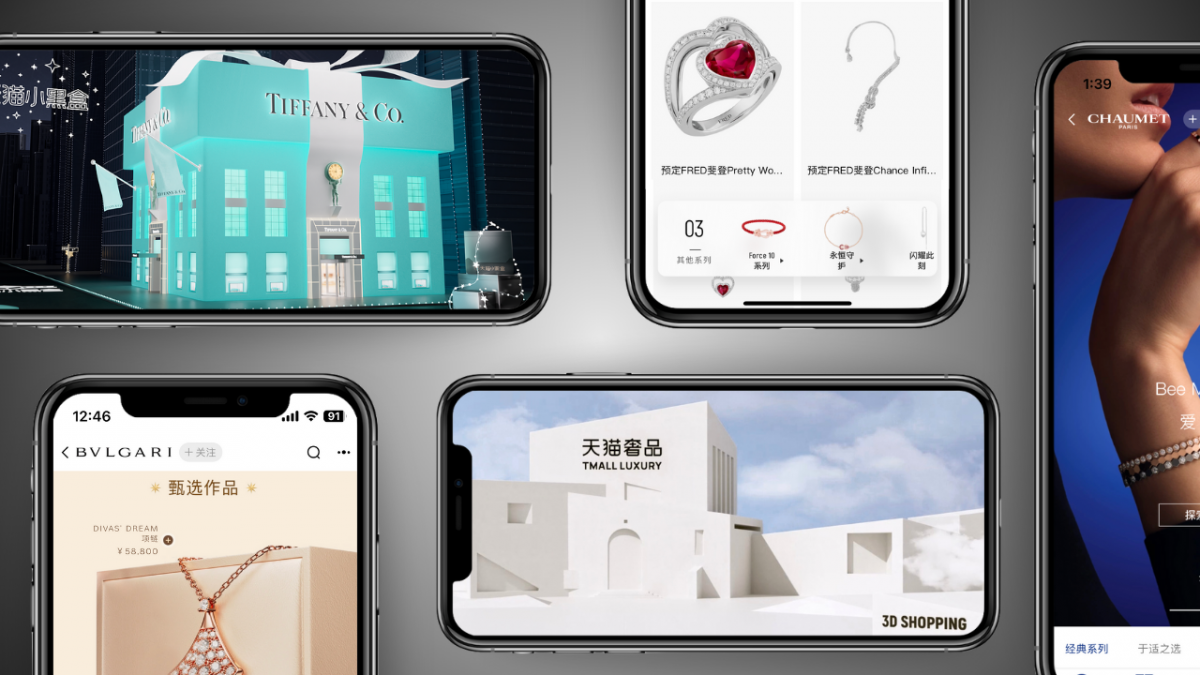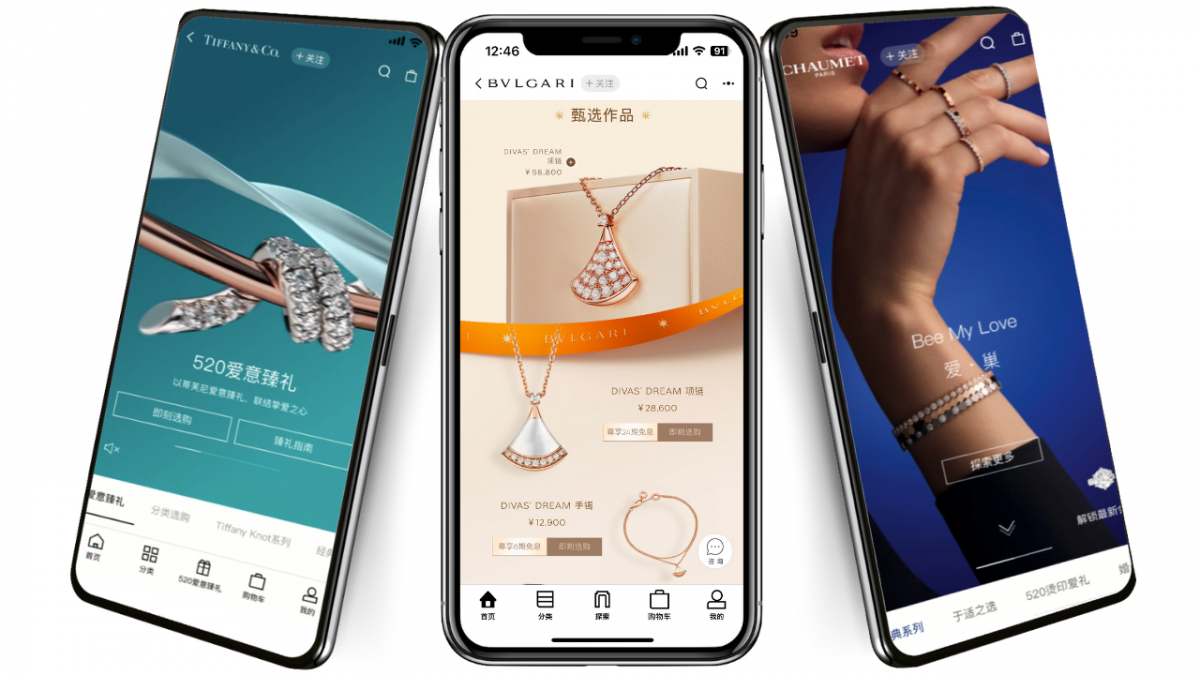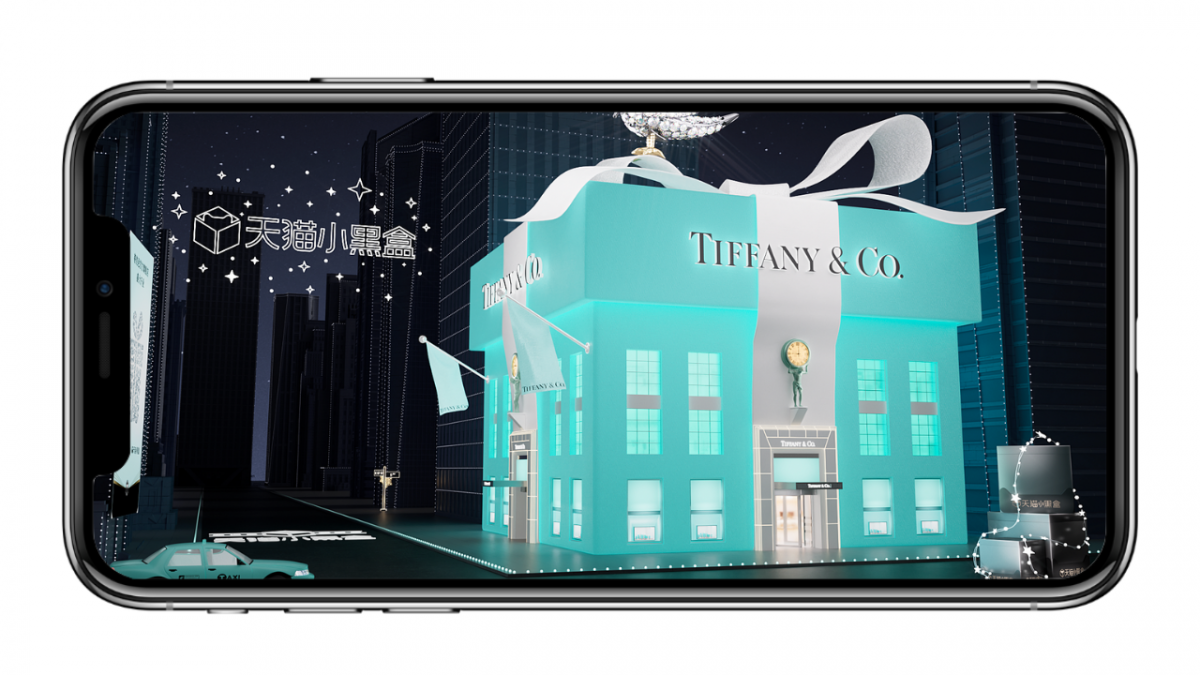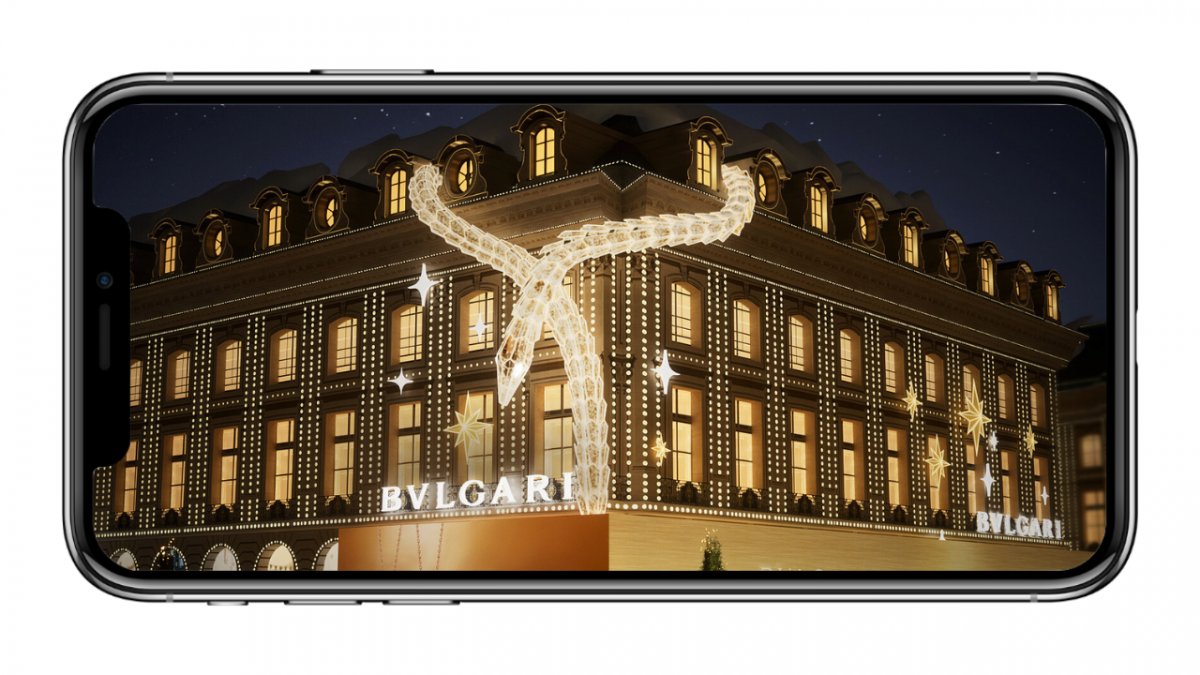


Photo credit: Alibaba Group
At the world’s leading luxury group, consumer journeys are as refined as the products on offer – especially for omnichannel shopping experiences.
So says Gonzague de Pirey, Chief Omnichannel and Data Officer at LVMH, who has allied with Alibaba Group’s e-commerce platform Tmall to dazzle luxury lovers from the palms of their hands.
“We focus on driving our customers to where the most elevated experience is offered,” de Pirey explained in a recent interview with Alizila.
Tmall Luxury Pavilion, an invite-only launchpad for brands to reach China’s most discerning consumers, is one such place.



Nestled within Tmall’s mobile app, the platform hosts over 200 luxury brands, including around 30 LVMH Maisons in categories ranging from leather goods and spirits to jewelry and beauty.
“Tmall Luxury Pavilion, by deeply leveraging the power of technology and data, has built a bridge between luxury brands and highly digitalized consumers in China,” Janet Wang, General Manager of Tmall Luxury Pavilion, told Alizila.
Since launching in 2017, the platform has become a vital part of LVMH’s drive to deepen its omnichannel reach in China’s RMB816 billion ($115 billion) luxury market.
Three of the luxury group’s most well-known jewelry labels are elevating the Tmall Luxury Pavilion experience further.
Bulgari, Tiffany & Co and Chaumet have become the first to launch virtual flagship stores using the platform’s Luxury Stage model, a highly customizable digital arena that allows brands to build unique and innovative Tmall shops.



It’s a natural fit for a business that constantly strives to elevate its services and products.
“The online experience should not try to copy the in-store experience, but rather propose something different,” said de Pirey.
The White Glove Touch
A buffet of data gleaned from countless user visits to LVMH flagship stores on Tmall Luxury Pavilion enables its Maisons to serve the platform’s primarily young and female clientele.
The typical user is a young woman, according to Wang, who says that over 60% of consumers on the platform are women and those born after 1995 have recorded the fastest growth in purchases.
For this group, personalization and bespoke service are the ultimate luxury: 53% of Chinese Gen Z shoppers surveyed by Deloitte said they preferred brands with tailored services, as opposed to 33% in Australia and just 20% in Japan.
“Thanks to data, we are able to personalize the customer journey and have a very high-level relationship between advisors and their clients,” said de Pirey, who helms the luxury group’s work to ensure a seamless experience across several shopping channels.
In March, Chaumet collaborated with Tmall’s 88VIP loyalty program to offer an exclusive offline jewelry experience for some of the platform’s high-value customers.
One-on-one private consultations between customers and shopping advisors on the platform allow users to ask questions and receive personalized recommendations.
These features help LVMH brands with their ultimate goal of “putting the right product at the right place at the right moment to reach the right customers,” according to de Pirey.



Seeding Growth
LVMH’s partnership with Tmall makes it possible for the group’s Maisons to roll out new products tailored to users of the luxury shopping app.
Tmall’s product incubator HeyBox helps brands introduce items to the Chinese market and streamline marketing, and last year more than a third of brands on Luxury Pavilion tapped the service.
“We take an omnichannel approach to product launches with tools like HeyBox,” de Pirey said.
LVMH’s Bulgari used HeyBox twice in 2023, and most recently, Tiffany celebrated its opening on the platform by launching a global limited edition key necklace via the incubator.
The miniature woven key pendant, part of the Tiffany Keys collection, became the store’s top-driving product, according to data from Tmall.
Data-driven insights on and off the platform allow LVMH to gauge how new products will stir consumer interest.
“Thanks to data and AI, we have more accurate forecasting,” noted de Pirey, who estimates that using AI increases forecasting accuracy up to 10 times along the supply chain.
Anticipating demand and preparing supply chains accordingly will be essential as Chinese appetites for luxury increase – by 2030, the country will account for over 40% of global luxury consumption, up from under 25% in 2022, according to Bain.



Distinctly Digital
As China’s luxury market expands, a range of innovative offerings on Tmall Luxury Pavilion helps brands stay ahead of the curve and differentiate themselves in an increasingly crowded arena.
Last year, a bevy of LVMH Maisons, including Bulgari and Fred, opened virtual boutiques at Tmall’s in-app recreation of Parisian high-end shopping hub La Place Vendôme.
Users can navigate the digital venue’s cobblestone streets and enter luxury shops complete with product-lined shelves and interior decorations. In December, some 500,000 people flocked there to watch a Christmas tree light up and explore other virtual novelties.
“China is a laboratory for the world – it’s a fantastic place to discover and test new ideas,” said de Pirey.
A host of LVMH brands, including fashion labels Marc Jacobs and Kenzo as well as watchmakers Zenith and TagHeuer, participated in Tmall Luxury Pavilion’s first immersive offline art exhibition in Shanghai last year.
Tickets were distributed through gamified challenges, and guests got a taste for blended online-offline interactions such as virtual clothing fittings and hunting the physical venue for digital collectibles.
These partnerships are just a taste of things to come as LVMH continues to carve out digitally enhanced customer journeys that set its brands apart from their peers.
“Success lies in committing to the brand’s essence,” said de Pirey.
Discover the incredible world of Chinese luxury through Alizila’s archives





